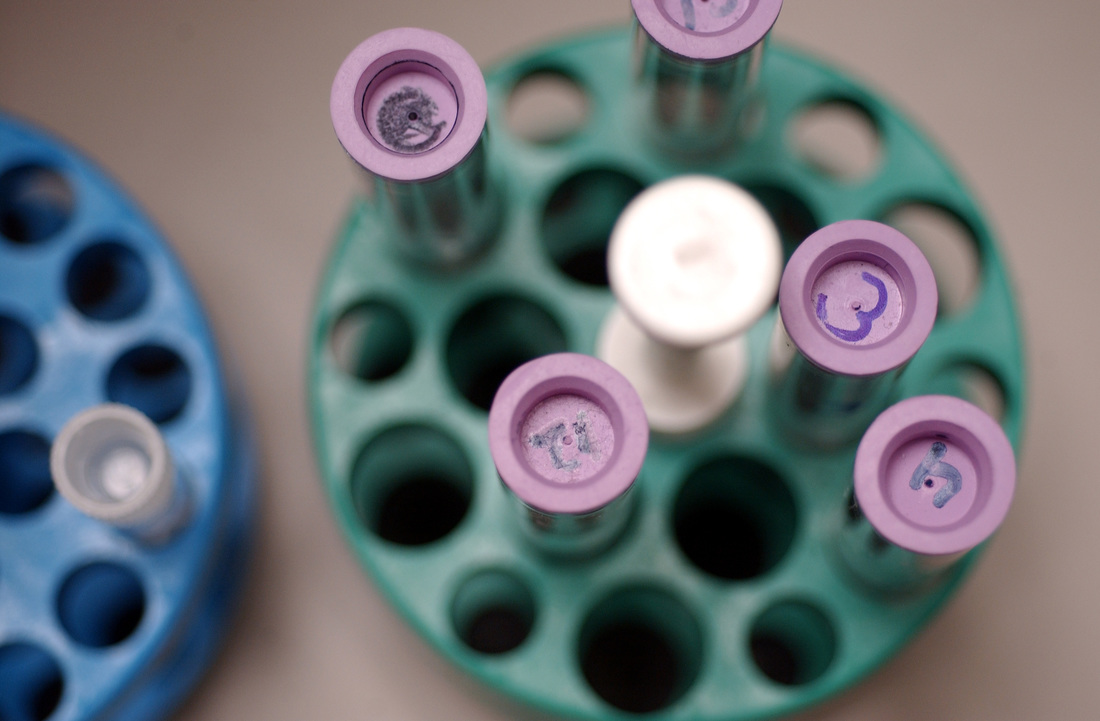GHR Foundation is joining forces with philanthropic and industry partners to fund groundbreaking Alzheimer’s prevention research. One such partnership is the APOE trial, a prevention study that will launch by early 2016 and last five years. GHR has partnered with the Alzheimer’s Association and Fidelity Biosciences Research Initiative to provide $10 million in new research funding to support the study.
The API APOE4 trial, conducted by the Banner Alzheimer’s Institute in Phoenix, Arizona, is focused on how two new therapies may prevent or delay the development of Alzheimer’s symptoms in a population known to be at high risk for the disease because of their age and genetic status. The trial will test two different potential approaches to see if one or both can prevent the development of memory and thinking symptoms of Alzheimer’s.
The new funding will support three aspects of the API APOE4 trial, including the expansion of the Alzheimer’s Prevention Registry, the evaluation of two remote genetic counseling approaches and new scans including Tau PET imaging, amyloid PET imaging and FDG-PET imaging. If successful, the trial will not only to evaluate investigational prevention therapies, but will help find faster ways to evaluate promising prevention therapies in the future.
To learn more about how the Foundation is targeting funding to improve some of the largest research efforts in the field, contact us.
The API APOE4 trial, conducted by the Banner Alzheimer’s Institute in Phoenix, Arizona, is focused on how two new therapies may prevent or delay the development of Alzheimer’s symptoms in a population known to be at high risk for the disease because of their age and genetic status. The trial will test two different potential approaches to see if one or both can prevent the development of memory and thinking symptoms of Alzheimer’s.
The new funding will support three aspects of the API APOE4 trial, including the expansion of the Alzheimer’s Prevention Registry, the evaluation of two remote genetic counseling approaches and new scans including Tau PET imaging, amyloid PET imaging and FDG-PET imaging. If successful, the trial will not only to evaluate investigational prevention therapies, but will help find faster ways to evaluate promising prevention therapies in the future.
To learn more about how the Foundation is targeting funding to improve some of the largest research efforts in the field, contact us.


 RSS Feed
RSS Feed
